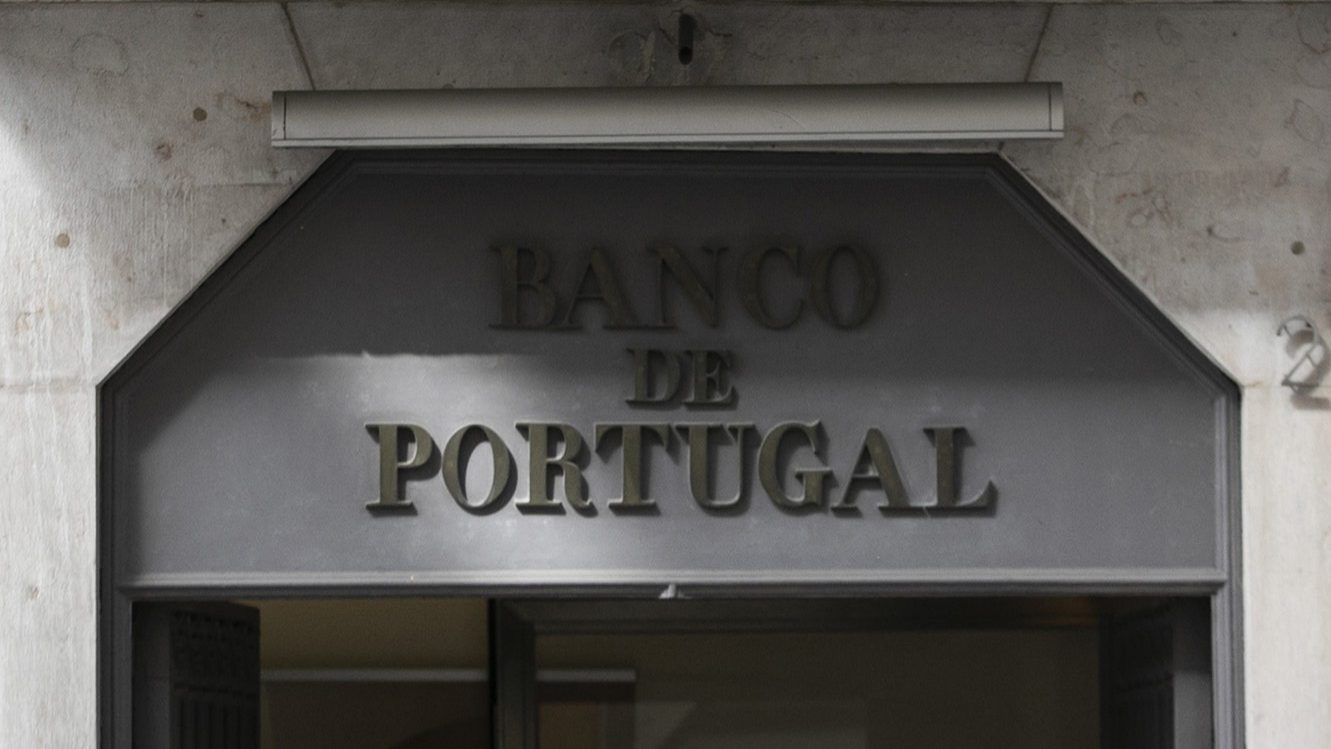Central Bank. High government borrowing, economy vulnerable
Bank also warned of the "prospects of low profitability in the banking sector and reinforcement of the link to the public sector, through increased exposure to public debt".
he high level of borrowing by the general government and the increase in contingent liabilities, because of the crisis caused by the pandemic, constitute a vulnerability of the Portuguese economy, the Financial Stability Report of the Banco de Portugal said on Monday.
“The Covid-19 pandemic caused an economic crisis with implications for the financial situation. The support measures were adopted quickly and in a coordinated manner, which prevented the transmission of the crisis to the financial sector,” the central bank concluded, adding, however, that “the crisis interrupted the process of adjustment of the Portuguese economy.
According to the report, “the magnitude and persistence of the crisis, along with the dilution in time and the redistribution of the costs of the pandemic between the private and public sectors, led to an increase in debt, particularly in the general government and in the sectors of activity most affected by the crisis.
The report, therefore, identified the main vulnerabilities and risks to financial stability, which, in addition to general government debt, also refers to the “risk of a correction in international financial markets, which may be amplified by high leverage, exposure to assets of lower credit quality and low portfolio liquidity in the non-banking financial sector in the euro area”.
In addition, other vulnerabilities include “the withdrawal of support measures in a situation of high borrowing and depressed activity in some sectors”, which “enhances credit risk”, the “correction of prices in the residential property market in Portugal, which may result, inter alia, from the potential retraction in demand for property by non-residents, which may be associated with a deterioration in international financing conditions”, and the fact that in the commercial property market, “there may be an additional fall in prices following the 2020 occurrence for some segments (retail and hotels)”.
Lastly, the bank also warned of the “prospects of low profitability in the banking sector and reinforcement of the link to the public sector, through increased exposure to public debt and the granting of credit with public guarantees”.
“Assessed overall, the vulnerabilities and risks show interdependence between economic sectors, which should be taken into account in the formulation of policies to promote financial stability,” the bank said.


